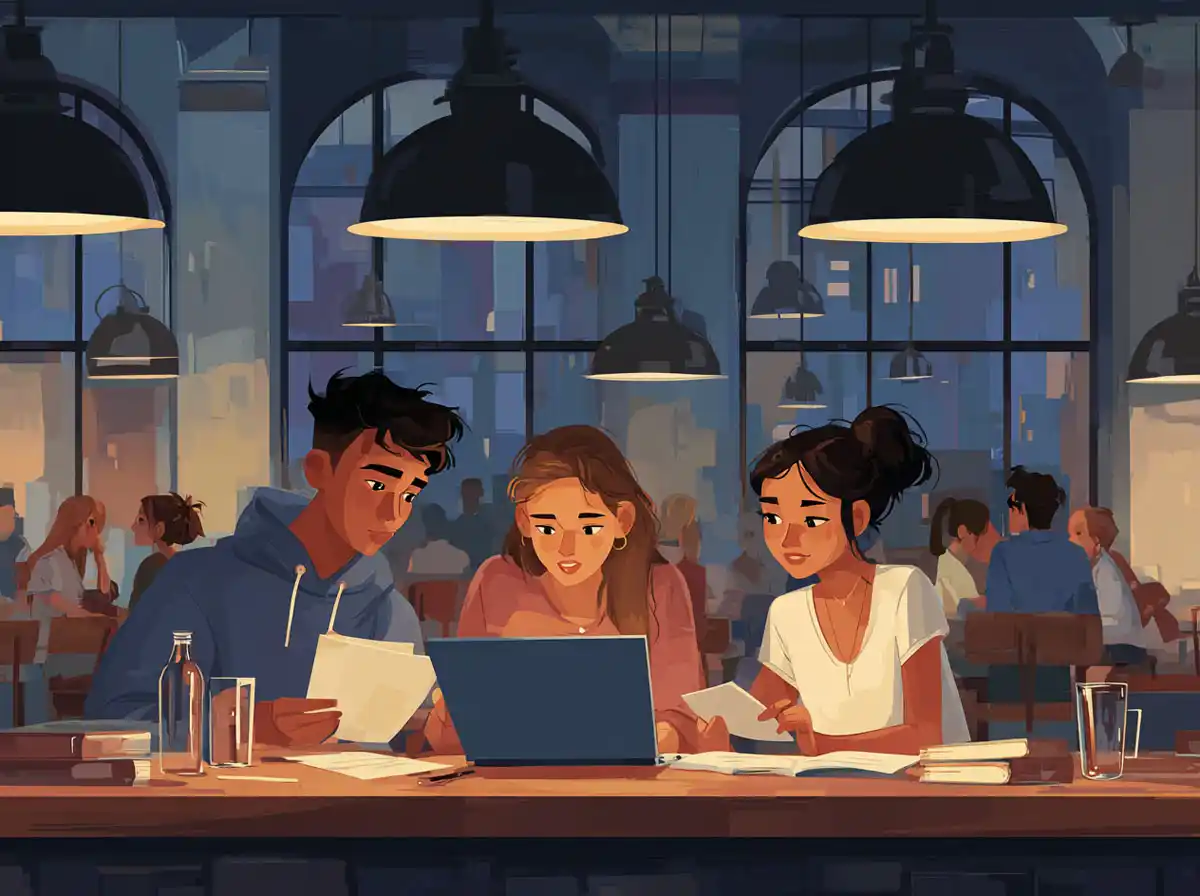Understanding Дорога (doroga)
Дорога (doroga) is the Russian word for “road” and is used to describe a wide, often paved, route that is intended for vehicles, such as cars, buses, and trucks, to travel on. The concept of a дорога encompasses the idea of a constructed pathway that connects different locations and is essential for transportation and communication.
дорога – road, a wide path for vehicles
Эта дорога ведет в город.
The word дорога can also be used metaphorically to indicate a journey or a significant path in life.
дорога (metaphorical) – journey, a significant path in life
У каждого человека своя дорога в жизни.
Common Phrases with Дорога (doroga)
– главная дорога – main road
Главная дорога всегда загружена.
– шоссе – highway
Мы ехали по шоссе на высокой скорости.
– асфальтированная дорога – asphalt road
Асфальтированная дорога была в отличном состоянии.
– пешеходная дорога – pedestrian road
Пешеходная дорога была заполнена людьми.
Understanding Тропа (tropa)
Тропа (tropa), on the other hand, translates to “path” and is used to describe a narrow, often unpaved, trail that is primarily intended for walking or hiking. These paths are usually found in natural settings like forests, mountains, or parks and are not meant for vehicles.
тропа – path, a narrow trail for walking or hiking
Тропа вела нас через лес к озеру.
The word тропа can also have a poetic or figurative meaning, representing a less conventional route or a journey that is more personal and less traveled by others.
тропа (figurative) – a less conventional route, personal journey
Он выбрал свою собственную тропу в жизни.
Common Phrases with Тропа (tropa)
– горная тропа – mountain path
Горная тропа была сложной, но красивой.
– лесная тропа – forest path
Лесная тропа привела нас к водопаду.
– пешеходная тропа – hiking trail
Пешеходная тропа была хорошо обозначена.
– заброшенная тропа – abandoned path
Мы нашли старую заброшенную тропу.
Comparing Дорога (doroga) and Тропа (tropa)
While both дорога and тропа involve the concept of moving from one place to another, their differences lie in their physical characteristics, purpose, and context of use.
Physical Characteristics
Дорога is typically wide, paved, and constructed for vehicles. It often features lanes, signs, and signals to facilitate transportation and ensure safety.
Тропа, however, is narrow, usually unpaved, and intended for pedestrians. It can be rugged and natural, often winding through various terrains like forests or mountains.
Purpose
The primary purpose of a дорога is to facilitate the movement of vehicles and serve as a major route connecting cities, towns, and regions. It is essential for commerce, commuting, and long-distance travel.
A тропа, on the other hand, serves as a path for walking, hiking, or exploration. It is often used for recreational purposes and provides access to natural areas that are not reachable by vehicles.
Context of Use
You will encounter дорога in discussions about transportation, infrastructure, and travel. It is a term commonly used in urban and suburban settings.
Тропа is more likely to be used in conversations about nature, outdoor activities, and adventure. It is a term associated with rural and natural environments.
Examples in Literature and Culture
Both words appear frequently in Russian literature, songs, and idiomatic expressions, often carrying deeper meanings.
Дорога in Literature
In Russian literature, дорога often symbolizes life’s journey, progress, and the passage of time. For instance, in Nikolai Gogol’s “Dead Souls,” the road is a recurring motif that reflects the characters’ quests and transformations.
дорога – a recurring motif symbolizing life’s journey
Дорога в романе Гоголя символизирует путь героев.
Тропа in Literature
Тропа is frequently used to convey a sense of adventure, discovery, and the exploration of the unknown. It can also represent a more intimate and personal journey, as seen in many poems and stories.
тропа – a symbol of adventure and personal journey
Тропа в стихотворении символизирует путь к себе.
Idiomatic Expressions and Proverbs
Russian is rich with idiomatic expressions and proverbs that use дорога and тропа to convey wisdom and cultural values.
Idiomatic Expressions with Дорога
– На дорогу встать – to set out on a journey
Мы решили на дорогу встать рано утром.
– Дорога ложка к обеду – the right thing at the right time (literally, “A spoon is valuable at lunchtime”)
Помощь пришла вовремя, как дорога ложка к обеду.
Idiomatic Expressions with Тропа
– Протоптать тропу – to blaze a trail, to pioneer
Он протоптал тропу в науке.
– Тропа к сердцу – a path to the heart, a way to win someone’s affection
Он нашел тропу к её сердцу через музыку.
Practical Tips for Learners
When learning Russian, it is essential to pay attention to the context in which words are used. Understanding the nuances between дорога and тропа will enhance your comprehension and allow you to use these words more accurately.
Practice with Real-Life Scenarios
Try to use дорога and тропа in sentences related to your daily life, travel experiences, or hobbies. For example:
– Describe your commute to work using дорога.
Моя дорога на работу занимает полчаса.
– Talk about a hiking trip using тропа.
Мы прошли по тропе вдоль реки.
Engage with Native Materials
Read Russian literature, listen to Russian songs, and watch Russian movies that include these words. This will help you see how native speakers use them in various contexts.
Use Language Learning Tools
Utilize flashcards, language apps, and online dictionaries to reinforce your understanding of дорога and тропа. Practice regularly to build your vocabulary.
Conclusion
In summary, дорога and тропа are two essential words in the Russian language that describe different types of routes. While дорога refers to a wide, vehicle-friendly road, тропа denotes a narrow, pedestrian path. Understanding their differences in physical characteristics, purpose, and context will greatly enhance your ability to use these words accurately and appreciate their deeper meanings in literature and culture. By practicing with real-life scenarios and engaging with native materials, you will become more confident in your Russian language skills.










